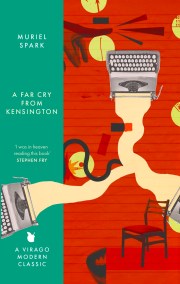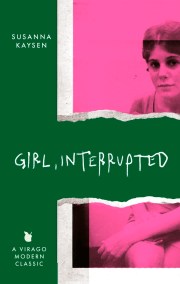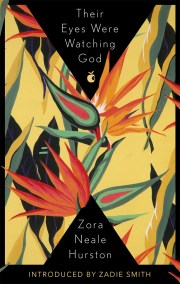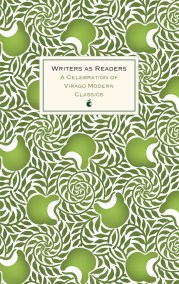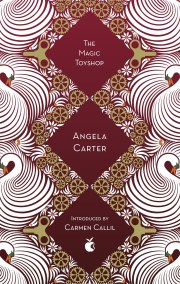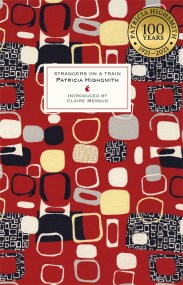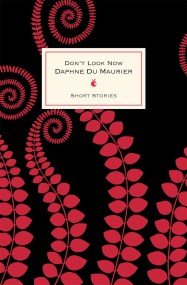Named by the Guardian as one of ‘the 100 best novels,’ and shortlisted for the Booker Prize, Mrs Palfrey At The Claremont is a humorous and compassionate look at friendship between an old woman and a young man from a ‘magnificent…writer, the missing link between Jane Austen and John Updike’ (David Baddiel, Independent)
On a rainy Sunday in January, the recently widowed Mrs Palfrey arrives at the Claremont Hotel where she will spend her remaining days. Her fellow residents are magnificently eccentric and endlessly curious, living off crumbs of affection and snippets of gossip. Together, upper lips stiffened, they fight off their twin enemies: boredom and the Grim Reaper.
Then one day Mrs Palfrey strikes up an unlikely friendship with an impoverished young writer, Ludo, who sees her as inspiration for his novel.
‘Elizabeth Taylor’s exquisitely drawn character study of eccentricity in old age is a sharp and witty portrait of genteel postwar English life facing the changes taking shape in the 60s . . . Much of the reader’s joy lies in the exquisite subtlety in Taylor’s depiction of all the relationships, the sharp brevity of her wit, and the apparently effortless way the plot unfolds’ -Robert McCrum ‘the 100 best novels’, Guardian
On a rainy Sunday in January, the recently widowed Mrs Palfrey arrives at the Claremont Hotel where she will spend her remaining days. Her fellow residents are magnificently eccentric and endlessly curious, living off crumbs of affection and snippets of gossip. Together, upper lips stiffened, they fight off their twin enemies: boredom and the Grim Reaper.
Then one day Mrs Palfrey strikes up an unlikely friendship with an impoverished young writer, Ludo, who sees her as inspiration for his novel.
‘Elizabeth Taylor’s exquisitely drawn character study of eccentricity in old age is a sharp and witty portrait of genteel postwar English life facing the changes taking shape in the 60s . . . Much of the reader’s joy lies in the exquisite subtlety in Taylor’s depiction of all the relationships, the sharp brevity of her wit, and the apparently effortless way the plot unfolds’ -Robert McCrum ‘the 100 best novels’, Guardian
Newsletter Signup
By clicking ‘Sign Up,’ I acknowledge that I have read and agree to Hachette Book Group’s Privacy Policy and Terms of Use
Reviews
One of the most underrated novelists of the twentieth century, Elizabeth Taylor writes with a wonderful precision and grace. Her world is totally absorbing
Elizabeth Taylor's exquisitely drawn character study of eccentricity in old age is a sharp and witty portrait of genteel postwar English life facing the changes taking shape in the 60s . . . Much of the reader's joy lies in the exquisite subtlety in Taylor's depiction of all the relationships, the sharp brevity of her wit, and the apparently effortless way the plot unfolds . . . Mrs Palfrey at the Claremont is, for me, her masterpiece
She's a magnificent and underrated mid-twentieth-century writer, the missing link between Jane Austen and John Updike
Elizabeth Taylor is finally being recognised as an important British author: an author of great subtlety, great compassion and great depth. As a reader, I have found huge pleasure in returning to Taylor's novels and short stories many times over. As a writer I've returned to her too - in awe of her achievements, and trying to work out how she does it
Jane Austen, Elizabeth Taylor, Barbara Pym, Elizabeth Bowen - soul-sisters all


